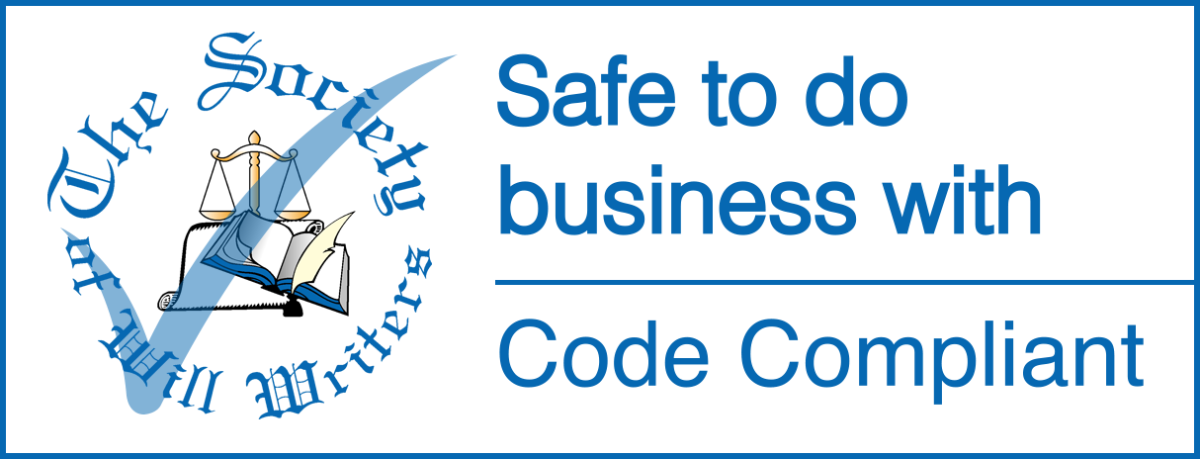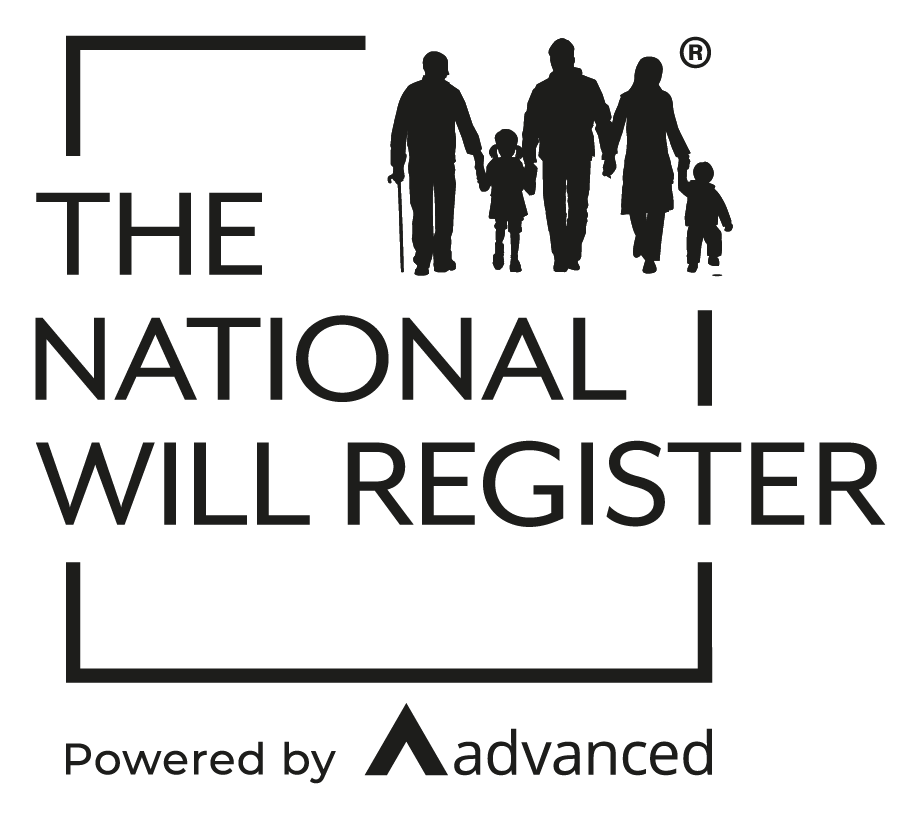
Unravelling the Web: Common Myths and Misconceptions About Wills and Estate Planning
Estate planning is crucial when managing one’s affairs, ensuring that assets are distributed according to one’s wishes after passing away. However, despite the importance, numerous myths and misconceptions surround Wills and estate planning. Let’s debunk some of the most common misunderstandings, shedding light on the truth behind these crucial matters.
Myth 1: “I’m Too Young for Estate Planning”
One prevalent myth is that estate planning is only for elderly folk or the extremely wealthy. In reality, everyone, regardless of age or financial status, can benefit from a well-thought-out estate plan. Tragedies and unforeseen circumstances can happen at any age, and having a plan ensures that your loved ones are cared for, no matter what.
Myth 2: “I Don’t Have Enough Assets for a Will”
Some people believe if they don’t own significant assets, they don’t need a Will. However, a Will isn’t just about distributing wealth; it addresses guardianship for minor children, designates an executor to manage affairs, and specifies healthcare preferences. Regardless of the size of your estate, having a Will provides clarity and prevents potential legal battles for your loved ones.
Myth 3: “My Spouse Will Inherit Everything Automatically”
Contrary to popular belief, the absence of a Will doesn’t mean your spouse will automatically inherit everything. State laws vary, and without a clear directive in a Will, the distribution of assets may be subject to intestacy laws. Estate planning allows you to specify how you want your assets divided, ensuring that your spouse and other beneficiaries are cared for as you wish.
Myth 4: “Estate Planning Is Only About Death”
While estate planning does involve preparing for the distribution of assets after death, it also addresses situations during one’s lifetime. Components like durable powers of attorney and advanced healthcare directives allow individuals to appoint someone to make financial and medical decisions on their behalf if they become incapacitated. Estate planning, therefore, encompasses both end-of-life and incapacity considerations.
Myth 5: “I Can Do My Estate Planning on My Own”
The rise of online tools and templates may lead some to believe they can effectively handle their estate planning without professional assistance. However, the intricacies of estate law and the unique aspects of individual situations often require the expertise of a qualified estate planning attorney. Professionals can provide personalized advice, ensuring that your plan meets all legal requirements and addresses your specific needs.
Myth 6: “Once I Create a Will, I’m Done”
Estate planning is an ongoing process that should periodically reviewed and updated to reflect changes in your life, such as marriage, divorce, the birth of children, or changes in financial circumstances. Failing to update your estate plan can lead to unintended consequences and complications for your loved ones.
Dispelling these common myths about Wills and estate planning highlights the importance of taking proactive steps to secure your family’s future. Regardless of age or financial status, everyone can benefit from a carefully crafted estate plan that addresses end-of-life and incapacity concerns. Seeking professional advice ensures that your plan is comprehensive, legally sound, and tailored to your unique circumstances, providing peace of mind for you and your loved ones.
Join Our Mailing List
Once Weekly Webinar
Free Webinar Once Per Week
Our free webinar runs once per week and is available to anybody who wants to know more about getting started on the road to financial freedom.


